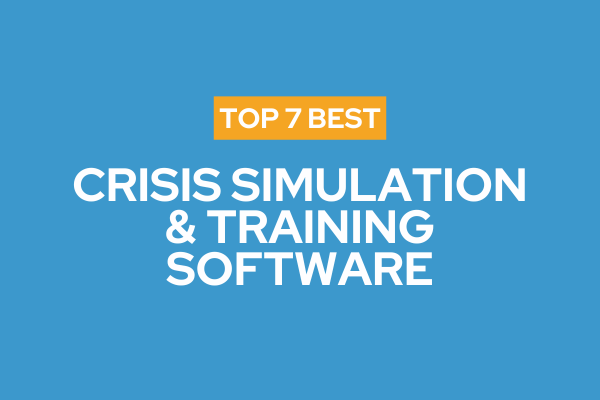
Top 7 Crisis Simulation & Training Software
Enhance your crisis management skills with effective simulation software. Learn how to improve preparedness and respond confidently in your organisation.
Published on October 13, 2025
Last updated on October 22, 2025
Effective audit management is a cornerstone of strong governance and compliance. As organisations navigate increasingly complex regulatory environments, manual auditing processes are no longer sufficient. Businesses require automated, integrated systems to streamline audits, track corrective actions, and maintain real-time visibility into risk and compliance activities.
Audit management software simplifies planning, execution, and reporting of audits by centralising data and standardising workflows. It provides audit teams with the tools to monitor control effectiveness, identify gaps, and facilitate collaboration across departments. With these systems, organisations can move from reactive auditing to proactive assurance — building confidence among stakeholders and regulators alike.
In this article, we will examine what audit management software is, explore the features to prioritise, and highlight the best solutions available today.
Audit management software is a digital platform that supports the entire audit lifecycle — from planning and scheduling, to execution, reporting, and follow-up. It helps internal audit teams, compliance officers, and risk managers automate repetitive tasks, maintain documentation, and ensure alignment with standards such as ISO 19011, SOX, and IIA guidelines.
Modern systems also integrate with broader GRC and risk management frameworks, offering a consolidated view of compliance obligations and audit outcomes. This unified approach enhances transparency, accountability, and operational resilience across the organisation.
Selecting the right solution means identifying the tools that support efficient, consistent, and scalable auditing practices.
A core feature that enables teams to create, assign, and prioritise audit plans. Users can map audits to business objectives and compliance requirements, ensuring alignment with corporate strategy.
Automated workflows guide auditors through each phase of the audit process, from preparation to issue resolution. This reduces manual intervention and helps maintain consistency.
Integration with risk registers allows audit teams to assess control effectiveness and link findings directly to associated risks, improving accountability and decision-making.
Audit findings should not remain static. Issue tracking modules enable users to log findings, assign owners, and monitor corrective and preventive actions until closure.
Real-time dashboards and automated reporting deliver insights into audit progress, trends, and compliance status, helping management track performance metrics at a glance.
Centralised repositories store audit evidence, working papers, and reports securely, with version control and access permissions to maintain data integrity.
The software should integrate with existing systems — such as ERP, GRC, and HR platforms — while scaling to support multiple entities, geographies, and regulatory frameworks.
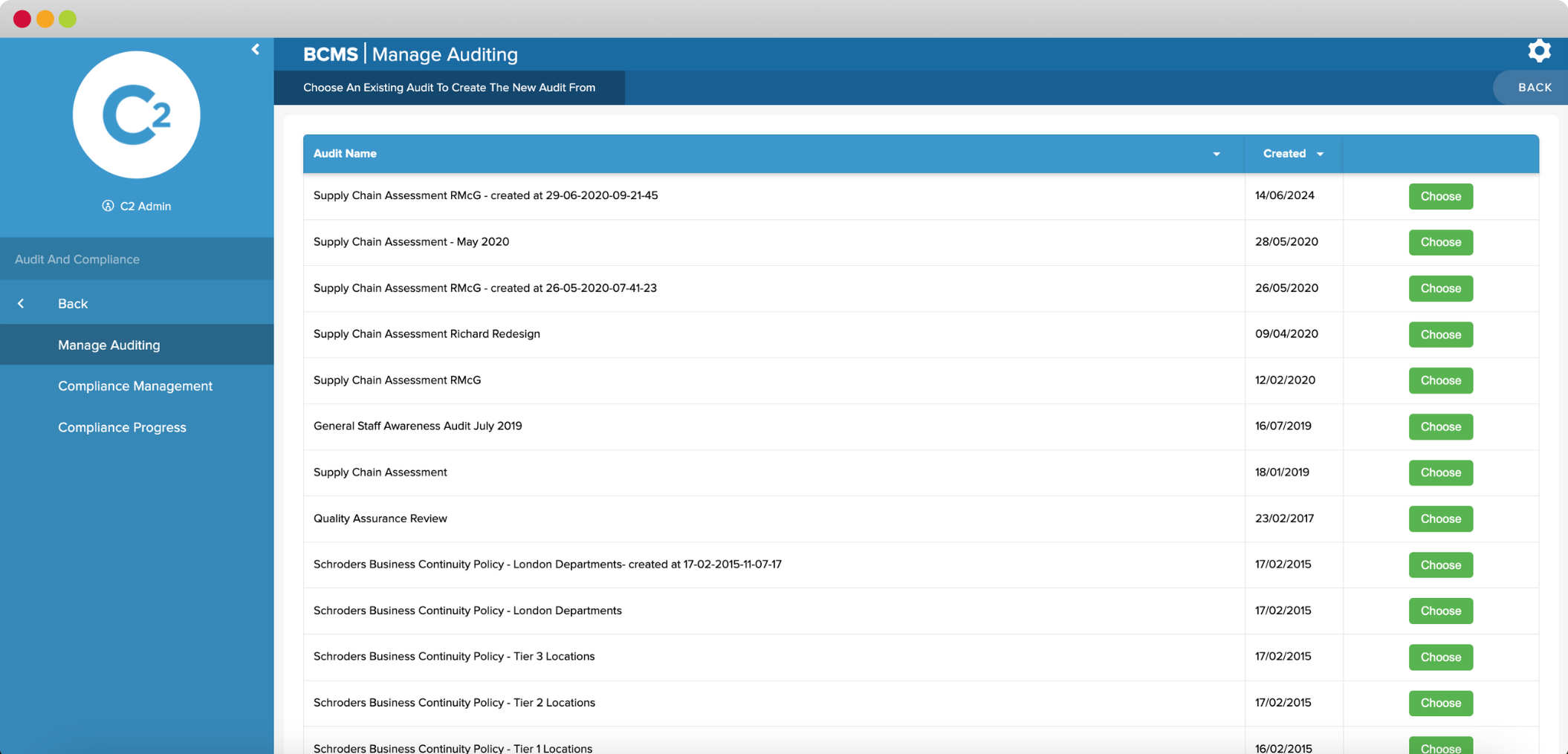
Continuity2 offers an industry-leading audit management solution as part of its operational resilience and governance suite. Designed for highly regulated industries, the platform enables audit teams to plan, execute, and report on audits seamlessly, ensuring compliance with multiple frameworks including ISO 22301 and ISO 27001. Its powerful analytics help organisations identify systemic issues and monitor remediation efforts in real time.
Key Features:
Best for: Enterprises seeking a unified platform for audit, compliance, and resilience management.
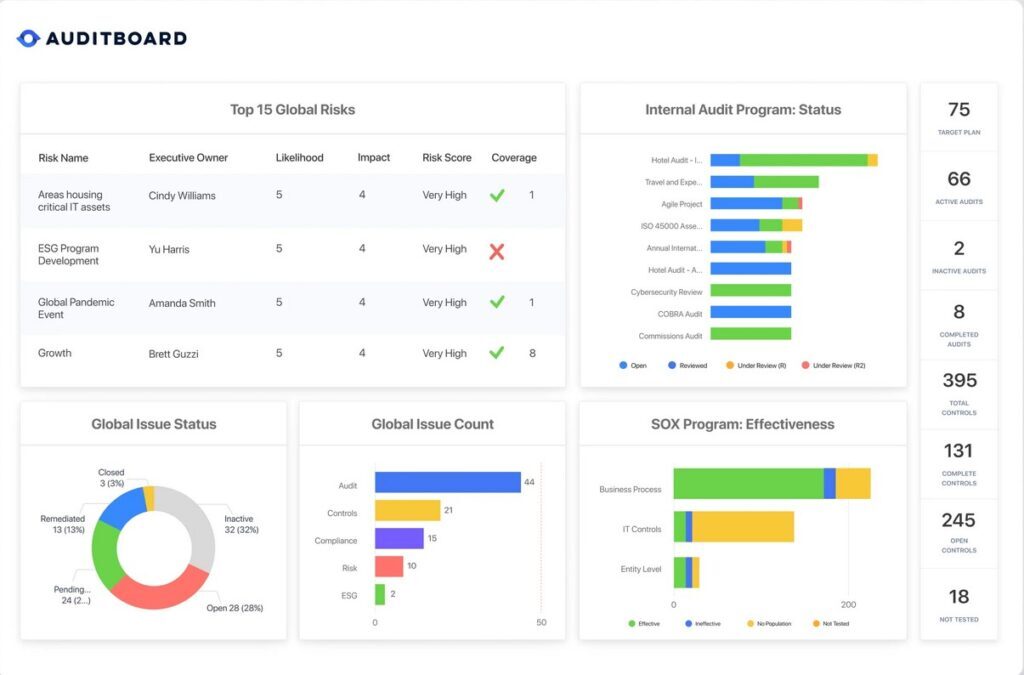
AuditBoard is a widely used cloud-based platform that supports internal audit, SOX compliance, and risk management. It offers strong collaboration tools and intuitive workflows that streamline audits across multiple departments.
Key Features:
Best for: Large organisations with established compliance programmes.
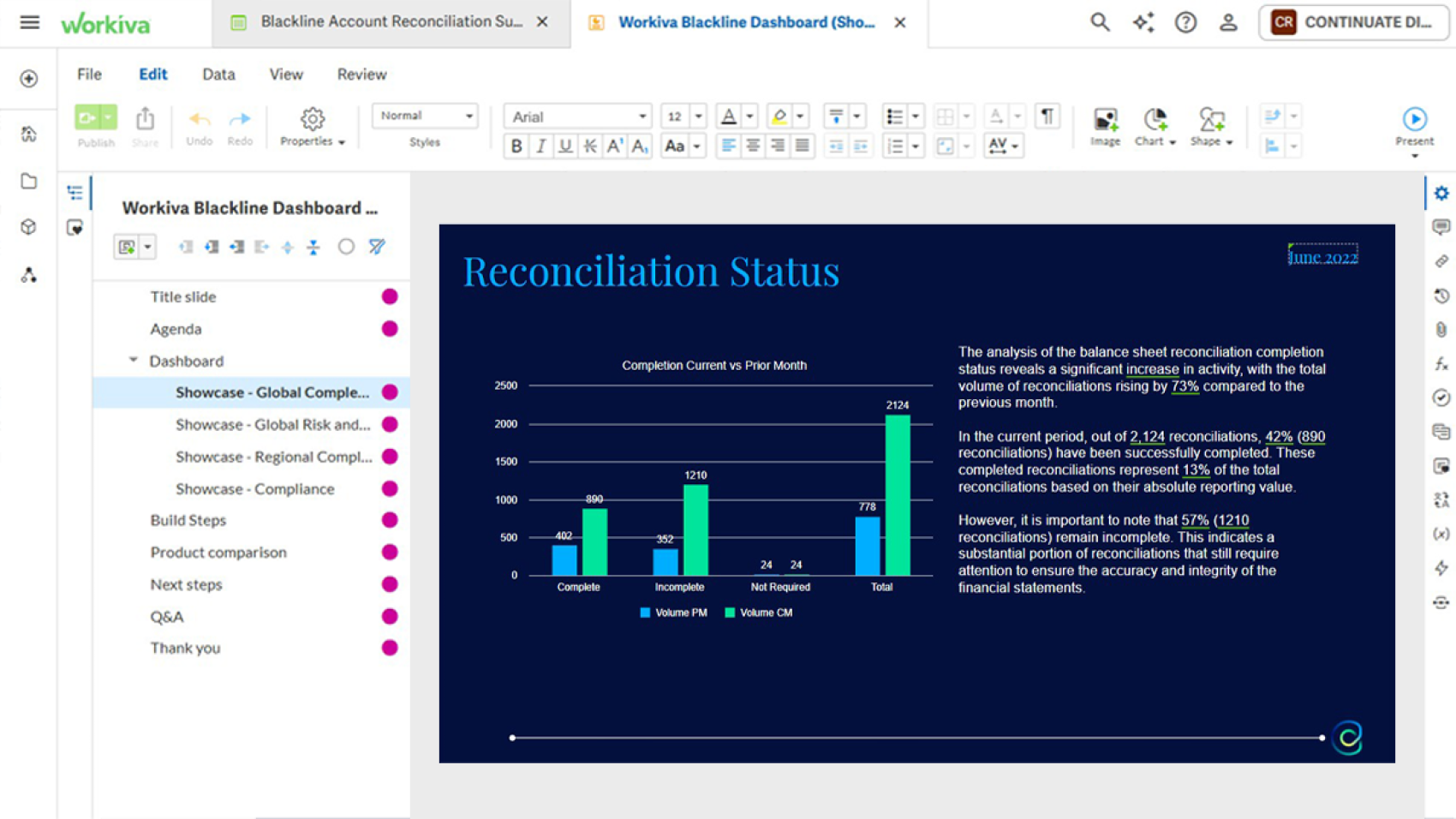
Workiva integrates audit, risk, and financial reporting functions into one platform. Its strength lies in enabling teams to connect data across departments while maintaining strict version control and transparency.
Key Features:
Best for: Enterprises with complex reporting requirements.
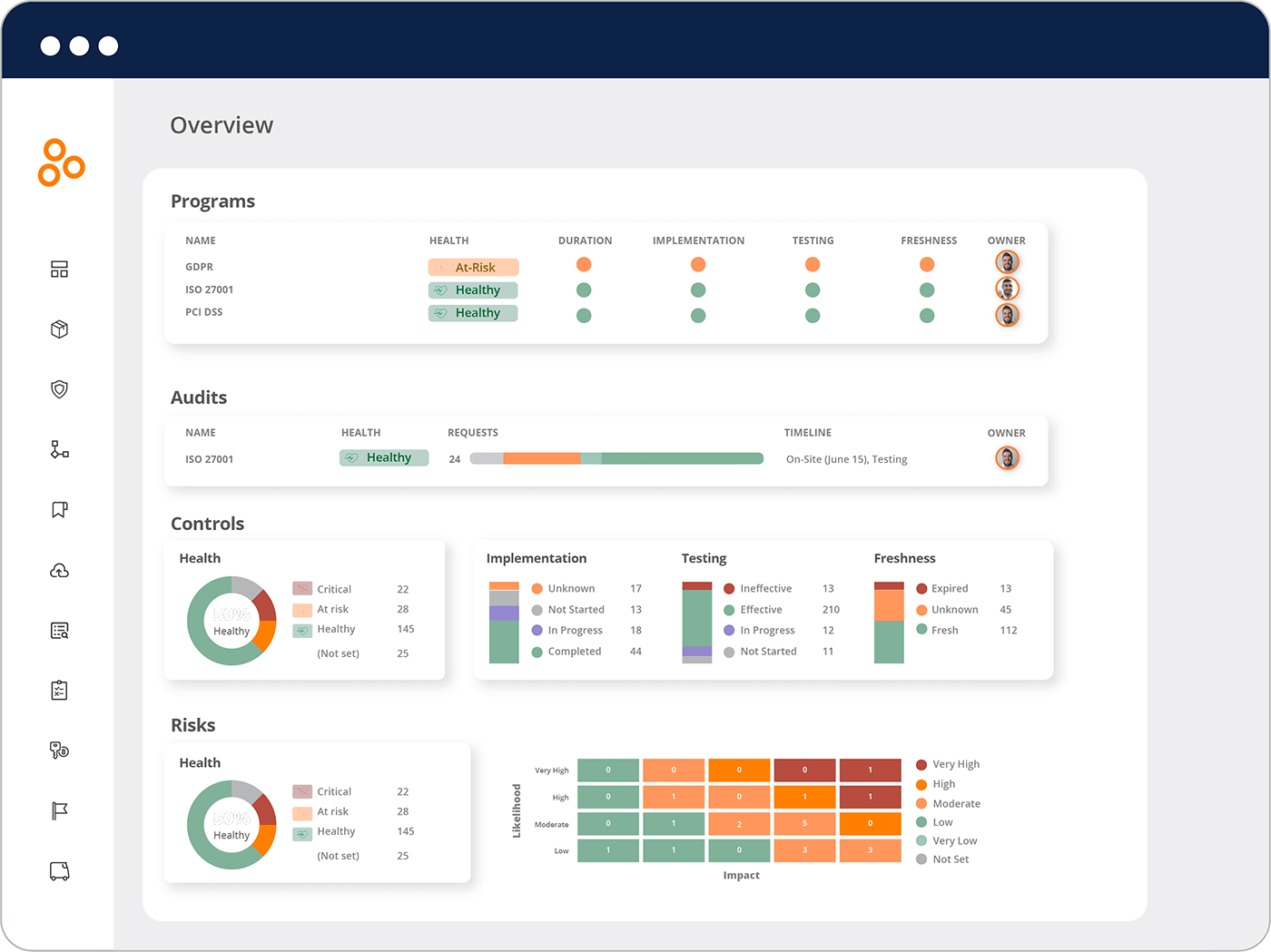
Hyperproof focuses on continuous compliance and audit readiness. Its flexible framework supports multiple standards and allows users to map controls across frameworks efficiently.
Key Features:
Best for: Companies managing multiple compliance standards simultaneously.
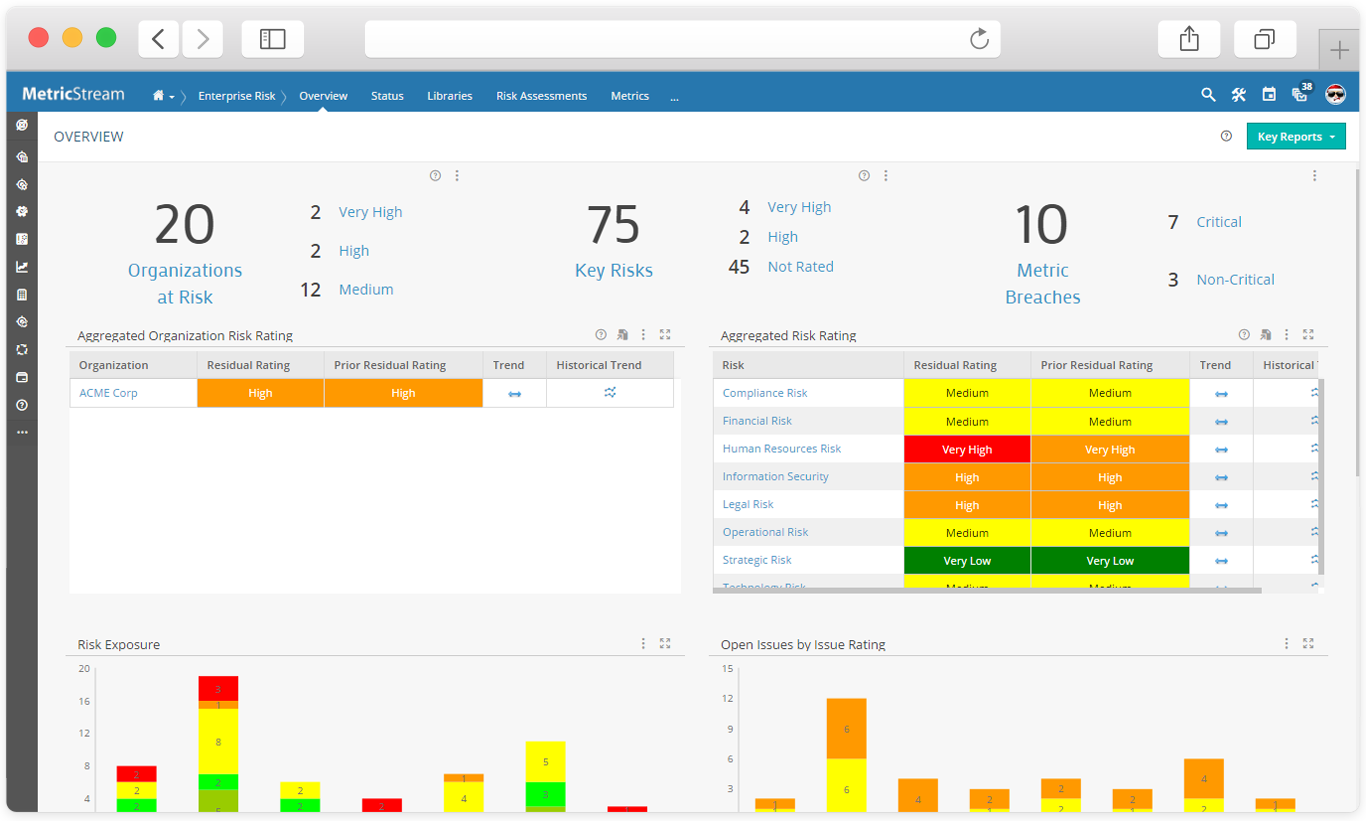
MetricStream provides a comprehensive audit management module within its GRC platform. It supports risk-based audit planning and strong analytics capabilities to track performance.
Key Features:
Best for: Mid to large enterprises with mature governance frameworks.
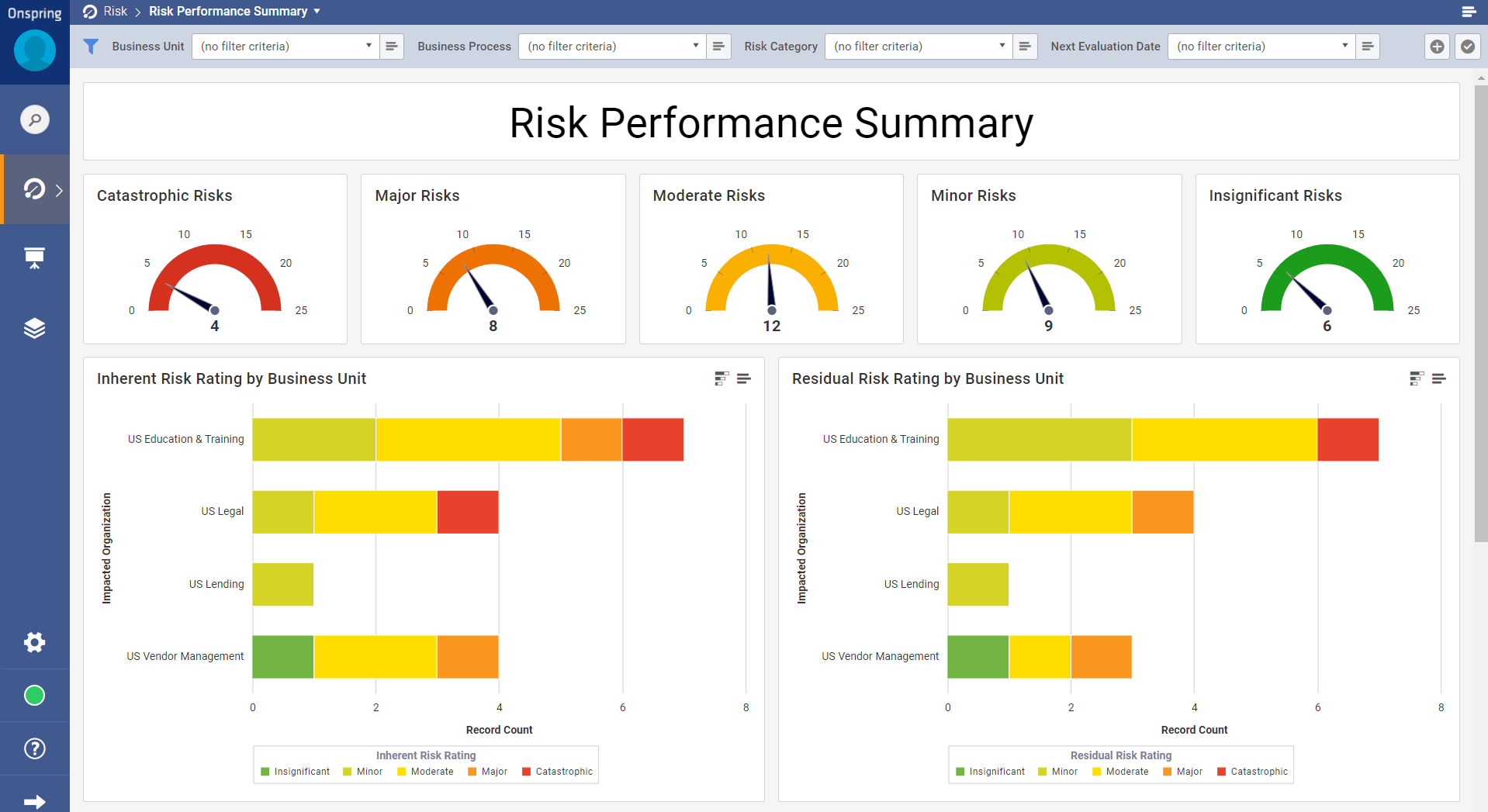
Onspring is a highly configurable audit management tool that offers user-friendly automation and real-time reporting. Its no-code environment allows easy customisation of workflows and dashboards.
Key Features:
Best for: Teams looking for flexible, user-driven audit management solutions.
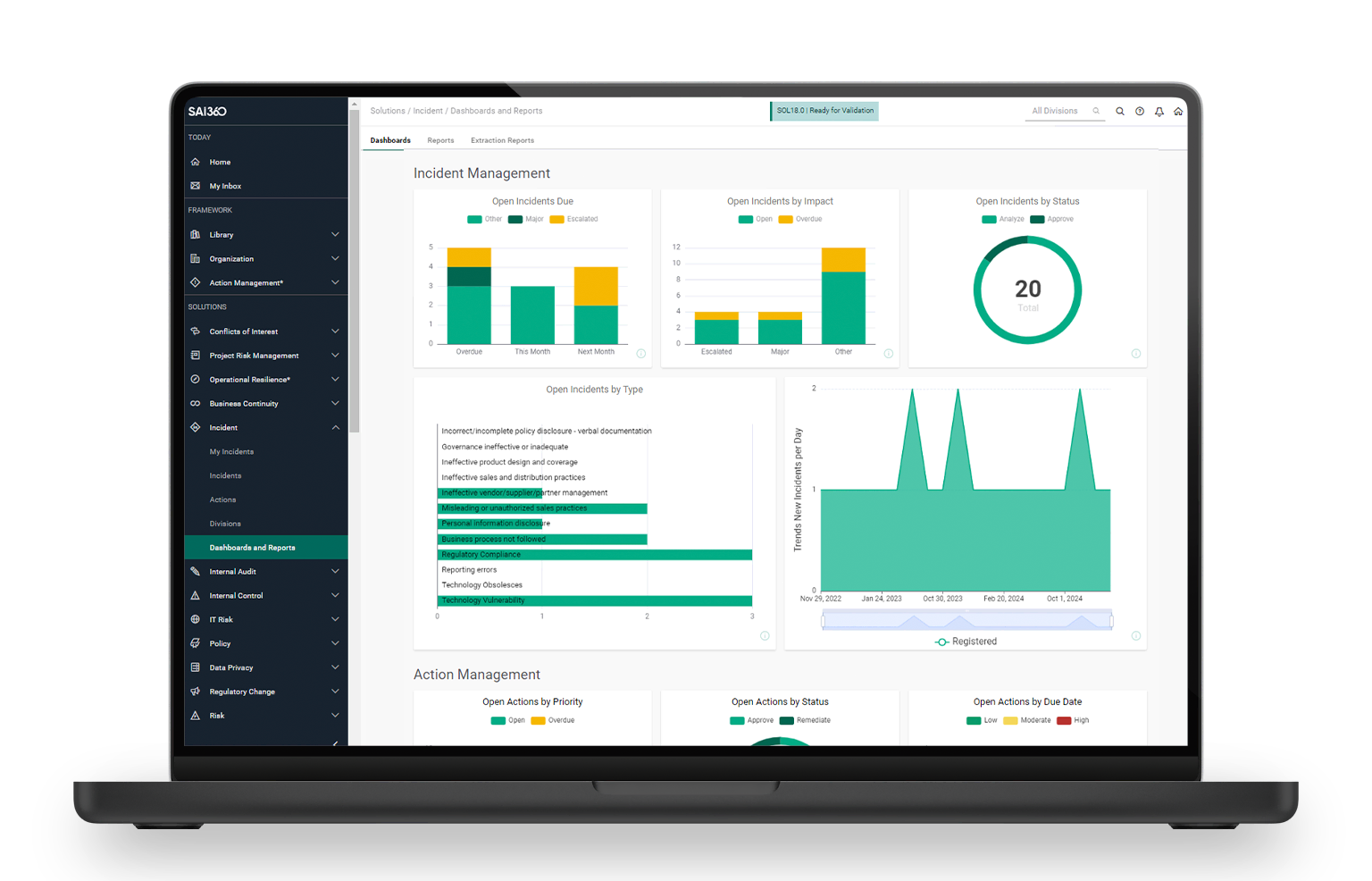
SAI360’s audit management solution integrates seamlessly with its risk and compliance modules, offering a comprehensive GRC ecosystem. It supports both internal and external audits through automated processes.
Key Features:
Best for: Enterprises seeking a fully integrated GRC environment.
Audit management software empowers organisations to simplify and strengthen their audit processes, driving compliance, efficiency, and continuous improvement across every level of governance.
Automation helps organisations maintain alignment with industry standards and regulatory requirements, reducing the risk of oversight or non-compliance penalties.
Digital workflows minimise manual effort, streamline audit execution, and accelerate report delivery.
Centralised data and real-time dashboards offer stakeholders full visibility into audit progress and findings.
By linking audit findings to risk controls, businesses can strengthen overall governance and make more informed decisions.
Audit analytics help identify recurring issues, enabling long-term improvements in internal processes and control environments.
For audit leaders, choosing the right platform is not only about compliance — it’s about strengthening trust, accountability, and operational resilience. Implementing intelligent audit management software enables teams to transition from routine control checks to strategic value creation.
Continuity2’s audit management capabilities are designed to streamline assurance processes, improve visibility, and strengthen organisational resilience across all levels.
Book a Demo with Continuity2 to see how our audit management solutions can enhance compliance, optimise workflows, and build long-term operational resilience.
Founder & CEO at Continuity2
With over 30 years of experience as a Business Continuity and Resilience Practitioner, Richard knows the discipline like the back of his hand, and even helped standardise BS25999 and ISO 22301. Richard also specialises in the lean implementation of Business Continuity, IT Service Continuity and Security Management Systems for over 70 organisations worldwide.


Founder & CEO at Continuity2
With over 30 years of experience as a Business Continuity and Resilience Practitioner, Richard knows the discipline like the back of his hand, and even helped standardise BS25999 and ISO 22301. Richard also specialises in the lean implementation of Business Continuity, IT Service Continuity and Security Management Systems for over 70 organisations worldwide.

Enhance your crisis management skills with effective simulation software. Learn how to improve preparedness and respond confidently in your organisation.
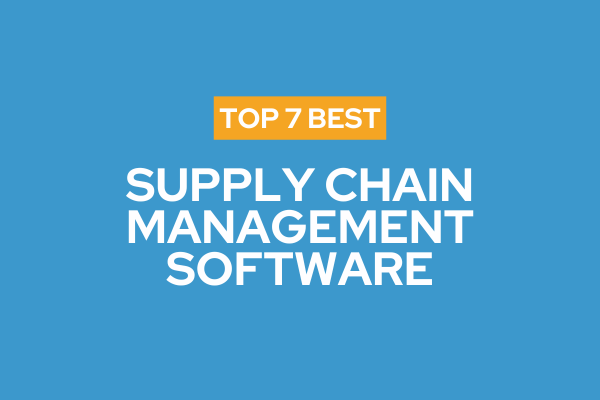
Find the best supply chain management software of 2026 and gain real-time visibility, streamline planning and logistics, and protect business continuity.
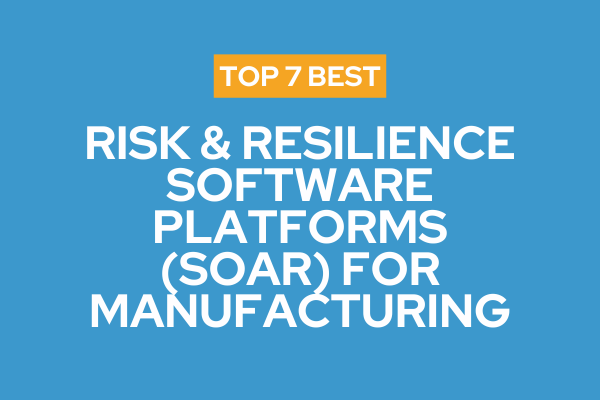
Discover top risk and resilience software for manufacturing in 2026—SOAR automation, visibility, and compliance to protect uptime and supply chains.
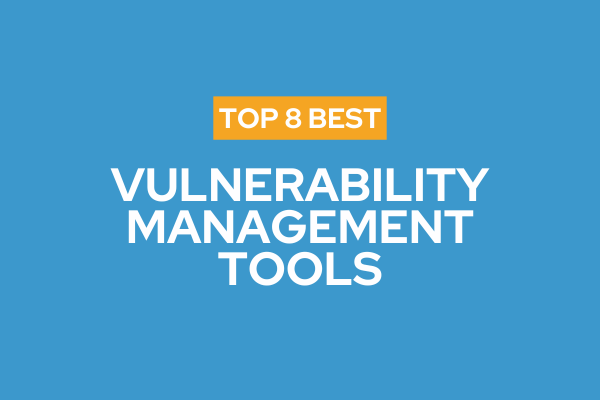
Explore the best VRM software to streamline due diligence, monitor vendors in real time, and support compliance, reporting, and business continuity.
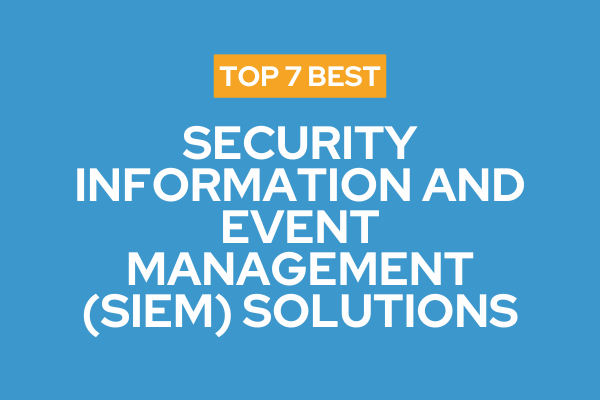
Find the best SIEM tools to detect threats faster, automate incident response, ensure compliance, and strengthen your organisation’s cyber resilience.
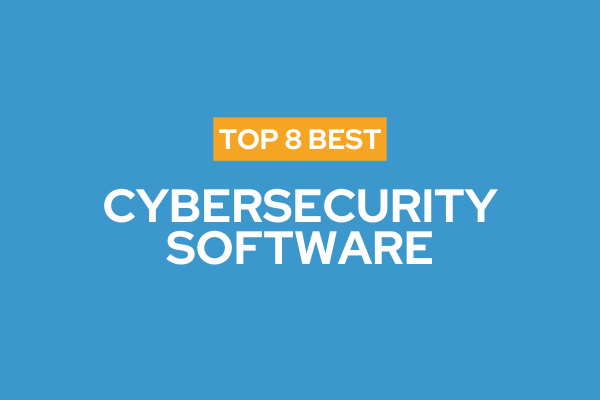
Discover the top 8 cybersecurity software solutions that protect against evolving threats while enhancing enterprise compliance and resilience.
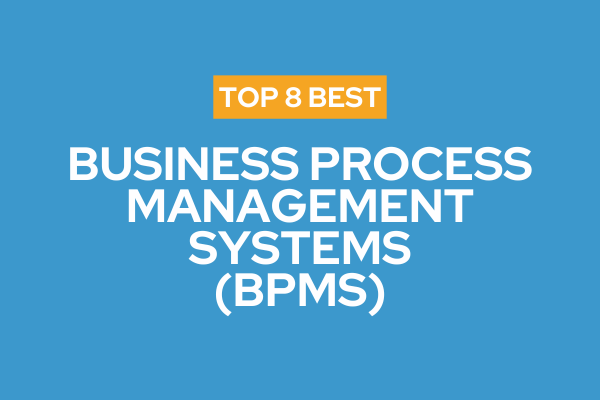
Discover essential tips for selecting the best business process management software tailored to your needs. Read the article to make informed choices.
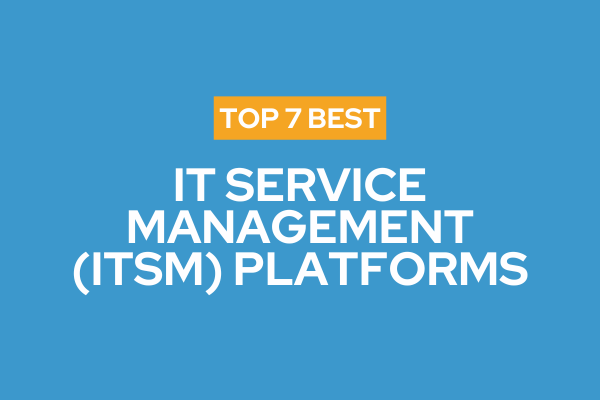
Explore the top 7 IT Service Management (ITSM) platforms that streamline IT operations, boost efficiency, ensure compliance, and drive business resilience.
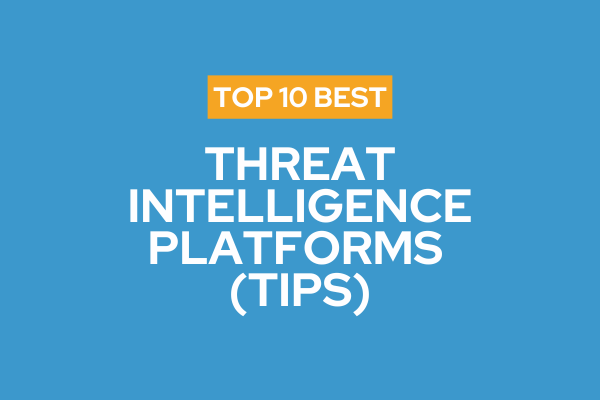
Discover the top 10 Threat Intelligence Platforms of 2026 to detect, analyse, and respond to cyber threats with greater speed and precision.